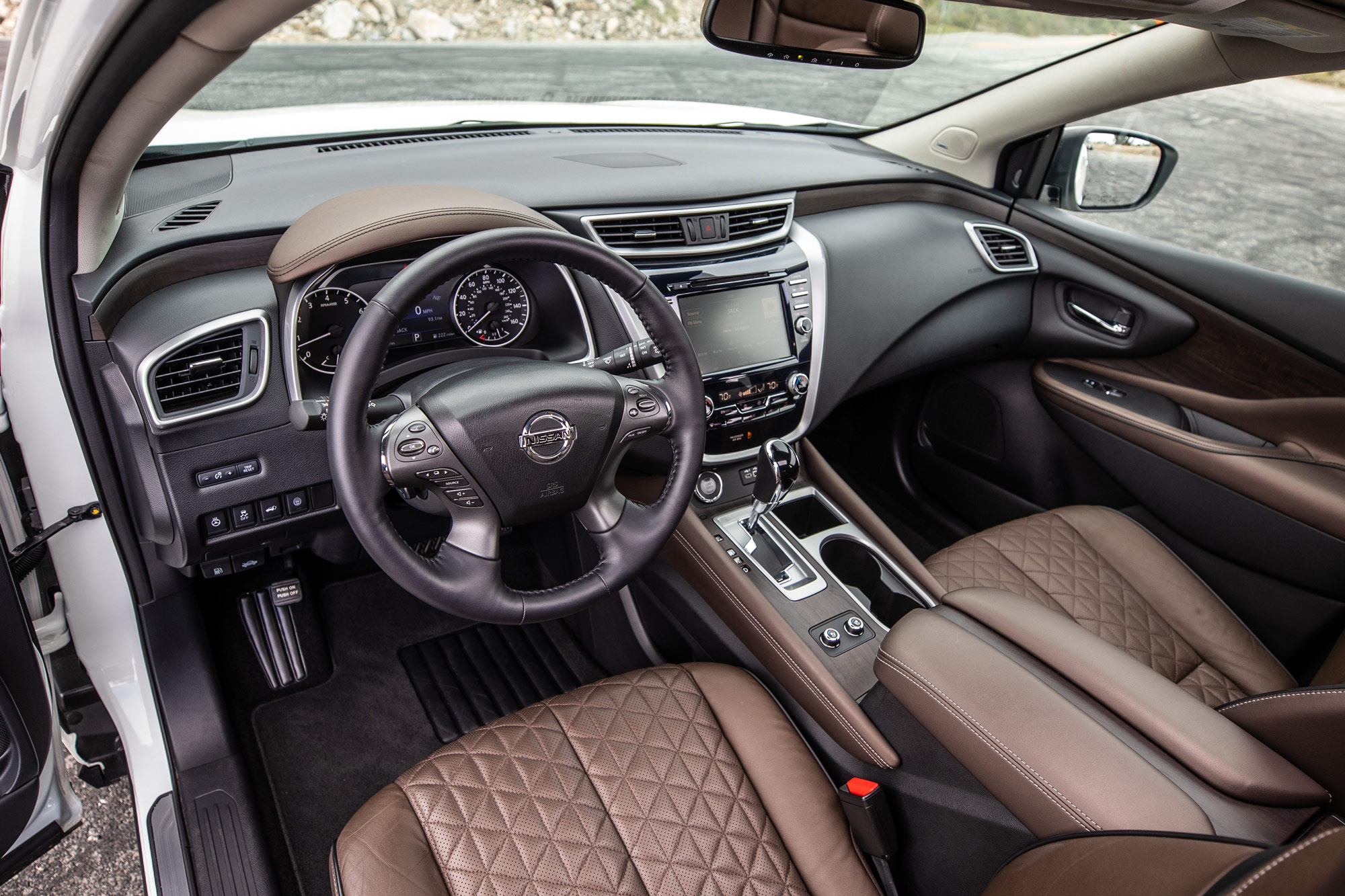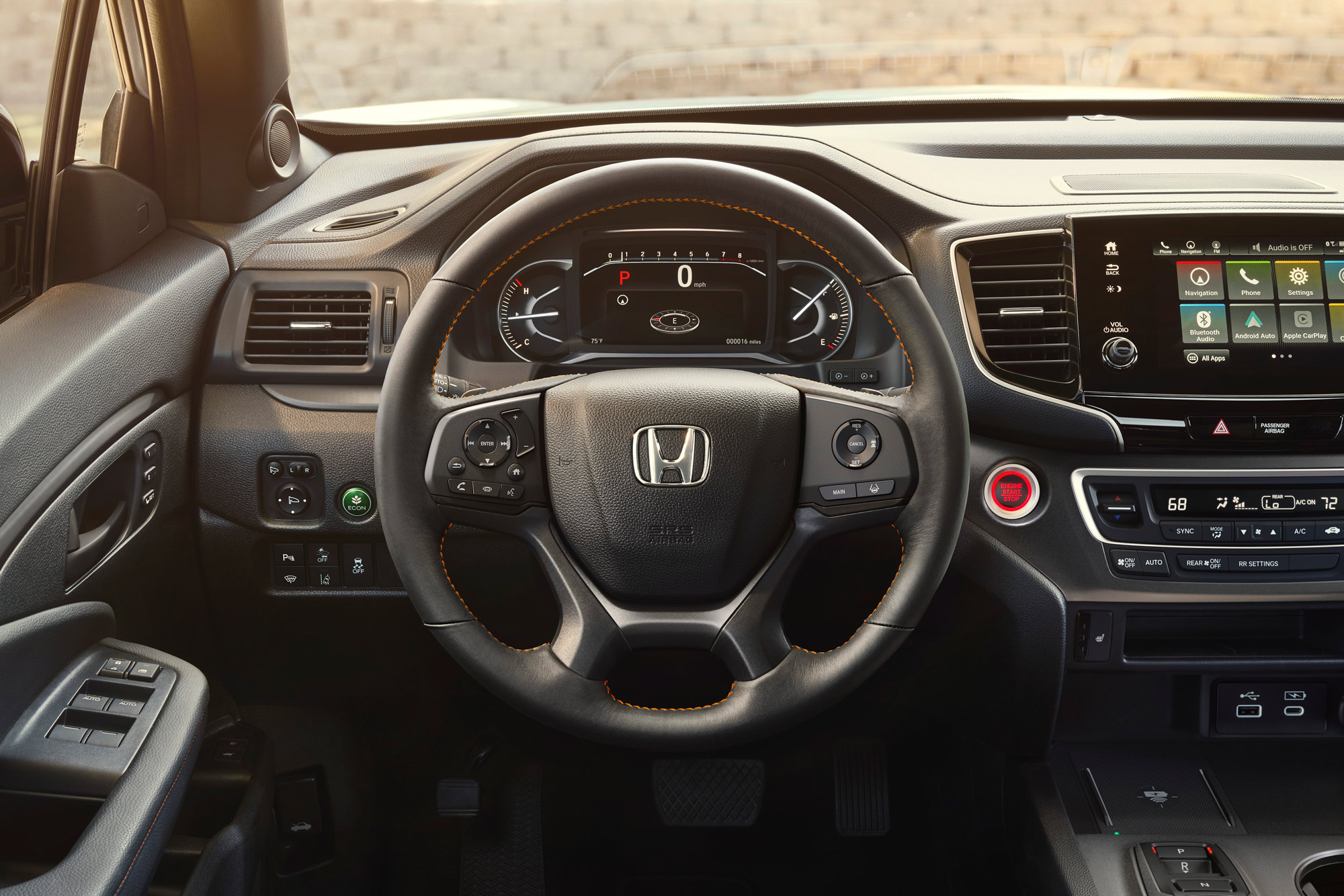CPO Programs Compared: Honda vs. Nissan
Both major automakers offer varying levels of comprehensive coverage for used cars.
 Honda/Nissan
Honda/Nissan
Thanks to the existence of today's certified pre-owned (CPO) programs, buying a used car doesn't have to feel like a gamble. Nearly all mainstream automakers' used-car warranty plans are intended to provide peace of mind regarding quality and reliability when purchasing a secondhand vehicle.
They accomplish this through in-depth inspections, extensive warranty coverage, and a long list of benefits that sometimes elevate the used-car ownership experience to the same level as a new vehicle.
As with any used car, truck, van, or SUV, not all manufacturer CPO programs are created equal. Understanding the differences can help you decide which way to go when buying a used vehicle. Here we compare Nissan and Honda's CPO offerings.
Both Automakers Offer Three Levels of CPO
Nissan splits its CPO programs into three tiers, each featuring its own criteria for which vehicles can be included. The Nissan Certified program requires CPO vehicles be less than six years old with fewer than 80,000 miles on their odometer.
The same requirements apply to Nissan EV Certified used vehicles, the automaker's plan for its battery-electric Leaf. Whether powered by gas or electricity, each Nissan CPO candidate is put through a 167-point inspection with 139 points just for EVs, reflecting the Leaf's different engineering.
Any issues discovered by Nissan technicians are corrected before a Nissan Certified/EV Certified vehicle is put on sale, and a CarFax vehicle-history report is also included.
The third program, Nissan Certified Select, is much broader, encompassing used vehicles from Nissan and other automakers. Each Certified Select vehicle must undergo an 84-point inspection and can be as old as 10 years with up to 100,000 miles.
Honda does things a little differently. Its HondaTrue Certified+ level is aimed only at late-model cars with less than 12,000 miles. Nissan has no equivalent.
The HondaTrue Certified level applies to models no more than six years old with less than 80,000 miles. It's in line with the Nissan Certified option, though Honda's 182-point inspection tops Nissan's.
Honda also has a program called HondaTrue Used that works for vehicles up to 10 model years old. Its 100-day or 5,000-mile warranty is shorter than Nissan Certified Select, though. With 112 points, its inspection is shorter than HondaTrue Certified.
As of May 2024, Honda does not have an EV-specific level.
 Nissan
Nissan
Nissan and Honda CPO Details Differ Considerably
The two main Nissan Certified/EV Certified CPO programs share warranties and benefits. A seven-year or 100,000-mile warranty from the original date of sale, with protections similar to the brand's new-car warranty, includes powertrain coverage. Nissan's coverage further features a year of prepaid maintenance or 15,000 miles, whichever comes first.
Nissan's Certified Select is a little different. The coverage period is much more limited, dropping to six months or 6,000 miles. There is a maintenance component, but it's limited to a single visit for Nissan-branded vehicles in the first year or 15,000 miles and a $50 reimbursement for non-Nissan used cars during that period.
All Nissan CPO vehicles also come with roadside assistance and trip-interruption reimbursement and are subject to a $100 deductible for warranty-related repairs.
Honda's three levels of CPO coverage are directly tied to the age and mileage of each vehicle in question. The newest used automobiles with fewer than 12,000 miles and less than a year from their original date of sale qualify for the HondaTrue Certified+ plan. For used vehicles within Honda's original three year or 60,000-mile new car warranty, Certified+ extends the existing new-car warranty to five years or 86,000 miles picking up where the original left off.
The remaining coverage and benefits also fall under HondaTrue Certified, which adds a year and 12,000 miles onto the end of the new-car warranty. If the new-car warranty has already expired, this becomes a one year or 12,000-mile protection period that starts the day the car rolls off the used lot.
Like Nissan, both Honda Certified+ and Certified vehicles also benefit from a seven year or 100,000-mile powertrain warranty, trip-interruption coverage, concierge service, a pair of oil changes during the first year, and the ability to swap for a different vehicle within the original three-day ownership window.
The last HondaTrue Used level covers models that are up to 10 years old. There's no maximum mileage qualification, but HondaTrue Used restricts warranty coverage to only 100 days or up to 5,000 miles of driving. A single oil change and the other Honda CPO perks are also available during that period.
Note that Honda's warranties don't have a deductible.
 Honda
Honda
Nissan's Program Has a Longer Warranty, but Honda's Isn't Without Perks
Nissan's CPO plans pull ahead of Honda when comparing the length of non-powertrain coverage. The mileage limit for Nissan Certified and EV Certified is 14,000 miles higher than the most robust HondaTrue Certified+ offering.
It's also worth noting that if a used vehicle qualifies for Nissan's CPO coverage, it gets the maximum amount of protection, unlike Honda's multitiered approach, where the most recent used models benefit from a more extended warranty.
However, some of Honda's CPO program features may appeal to you. The chance for owners to trade in their CPO purchase for a different vehicle during those initial days of driving is unique, as are free oil changes. Also, Honda's inspections are longer than those offered by Nissan. That's balanced somewhat by Nissan Certified Select providing longer warranty coverage for up-to-10-year-old vehicles and offering CPO coverage on non-Nissan models.
Written by humans.
Edited by humans.
 Benjamin Hunting
Benjamin HuntingBenjamin Hunting is a writer and podcast host who contributes to a number of newspapers, automotive magazines, and online publications. More than a decade into his career, he enjoys keeping the shiny side up during track days and always has one too many classic vehicle projects partially disassembled in his garage at any given time. Remember, if it's not leaking, it's probably empty.
Related articles
View more related articles